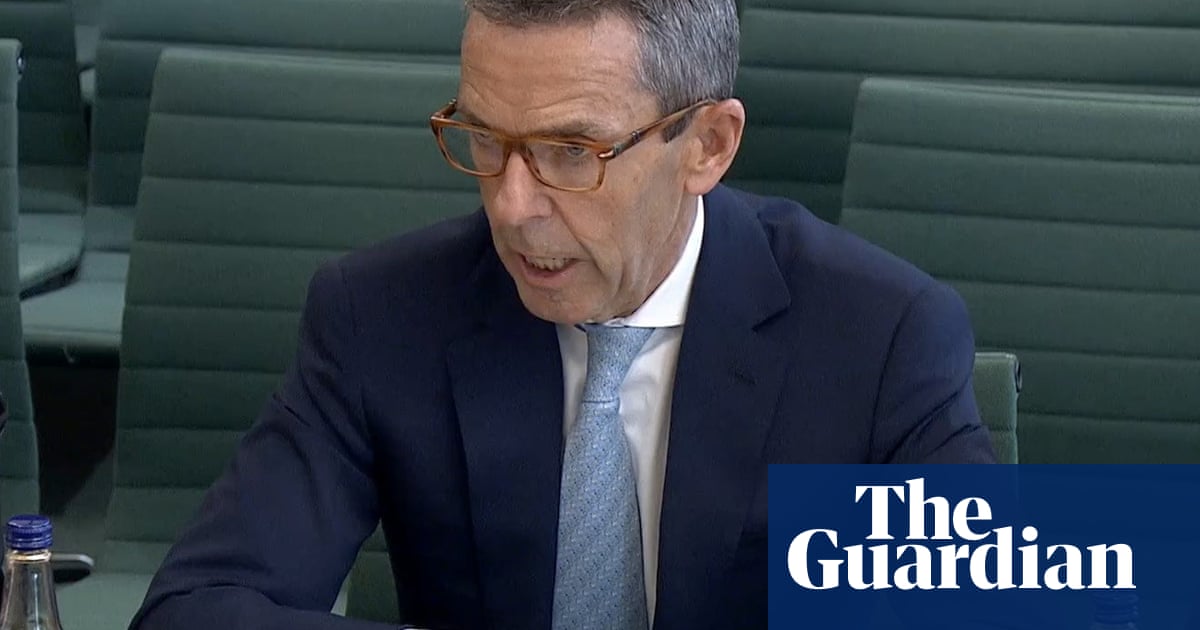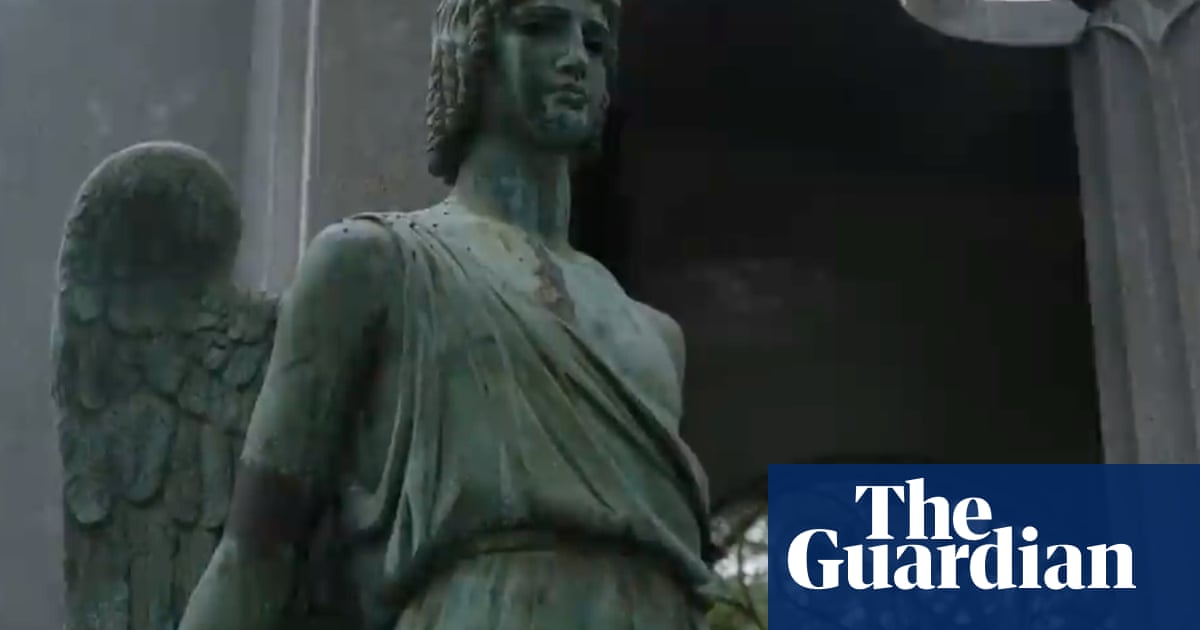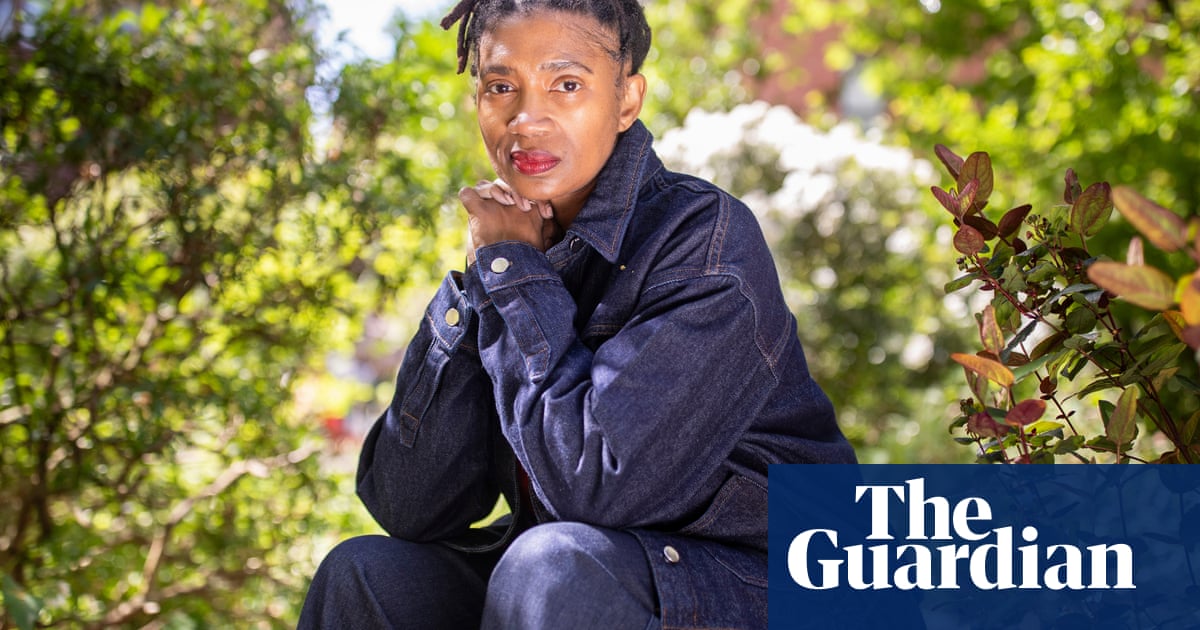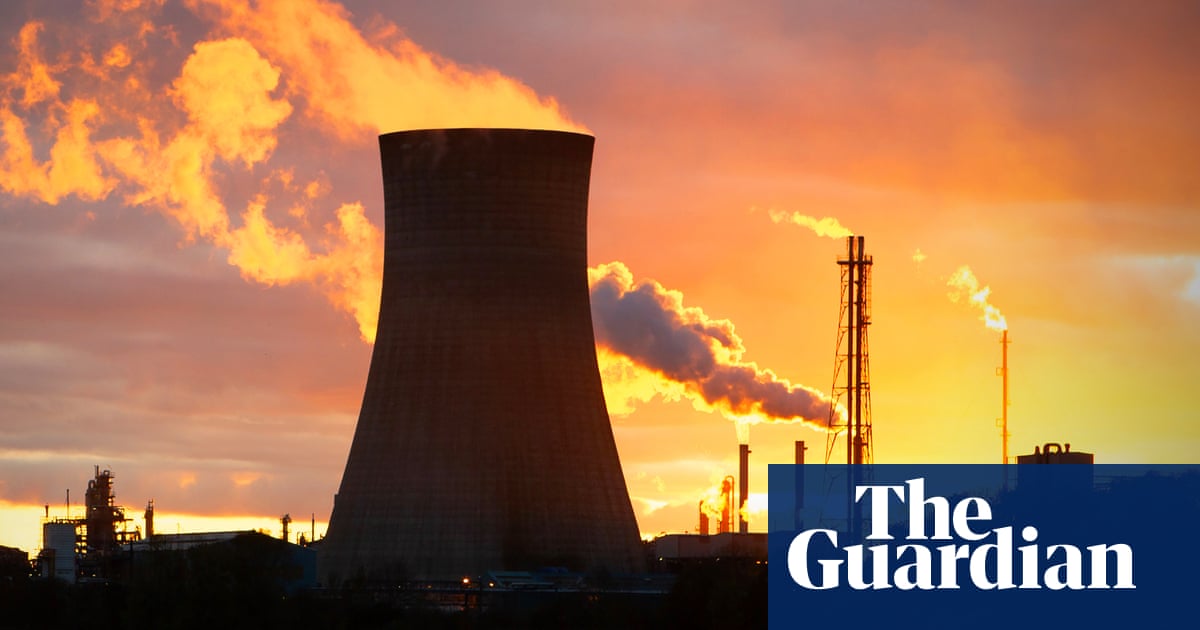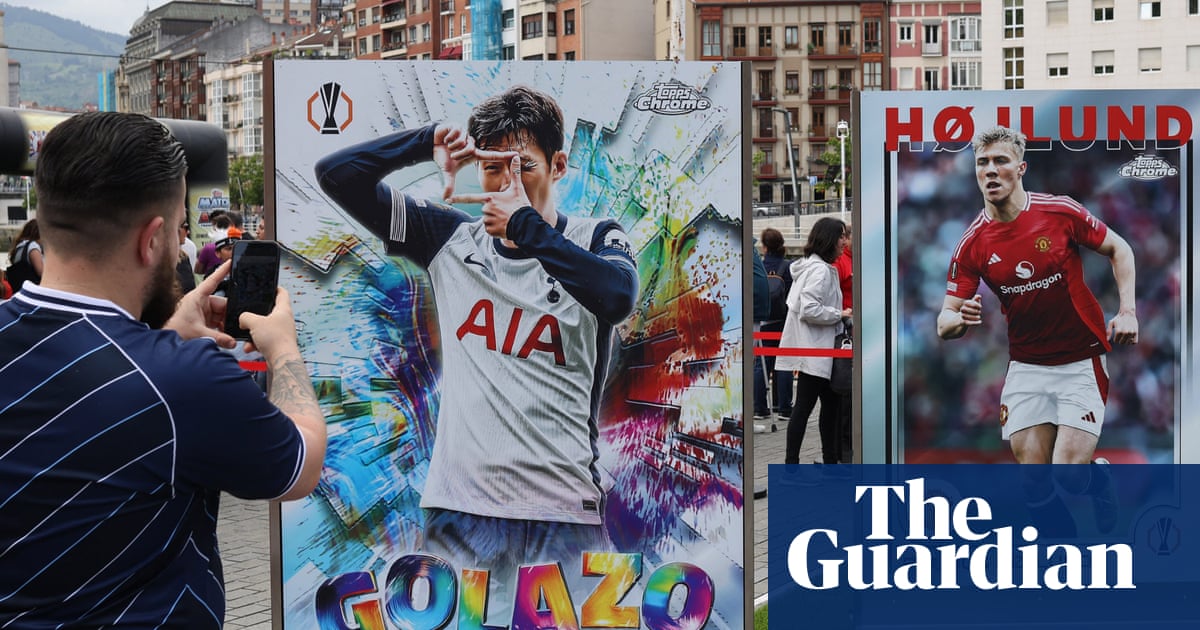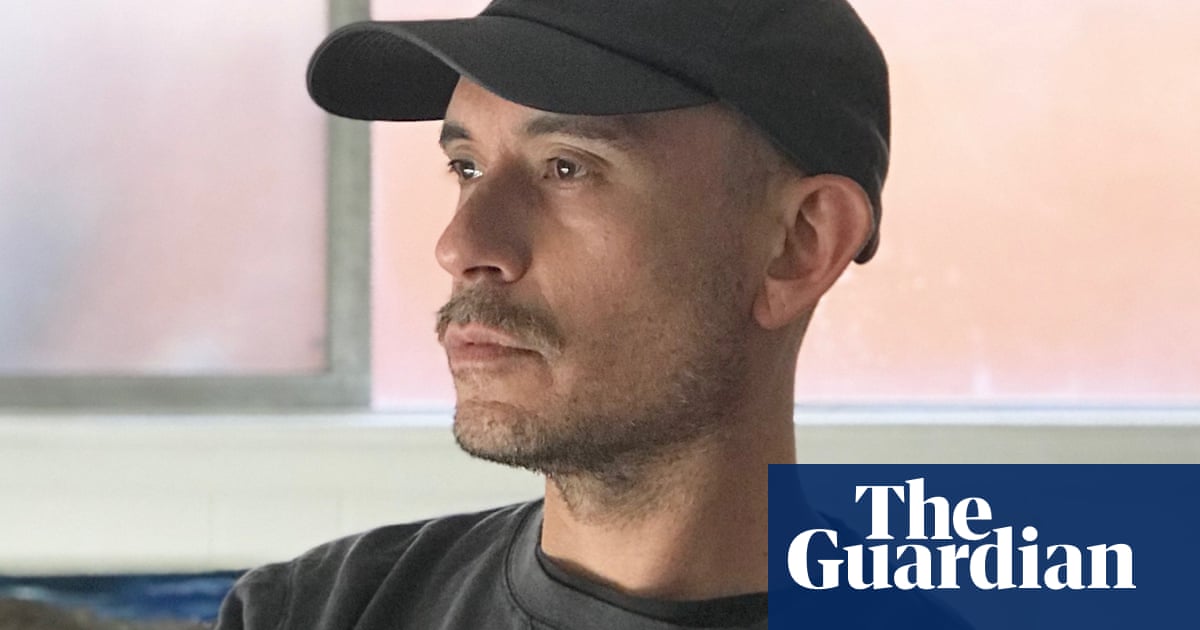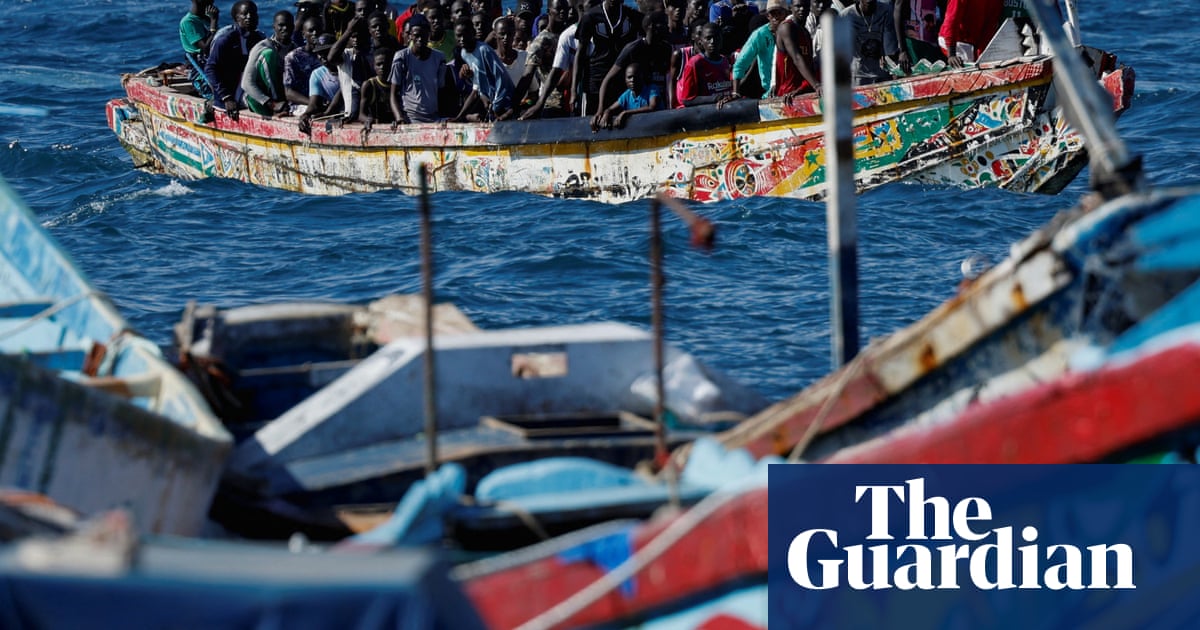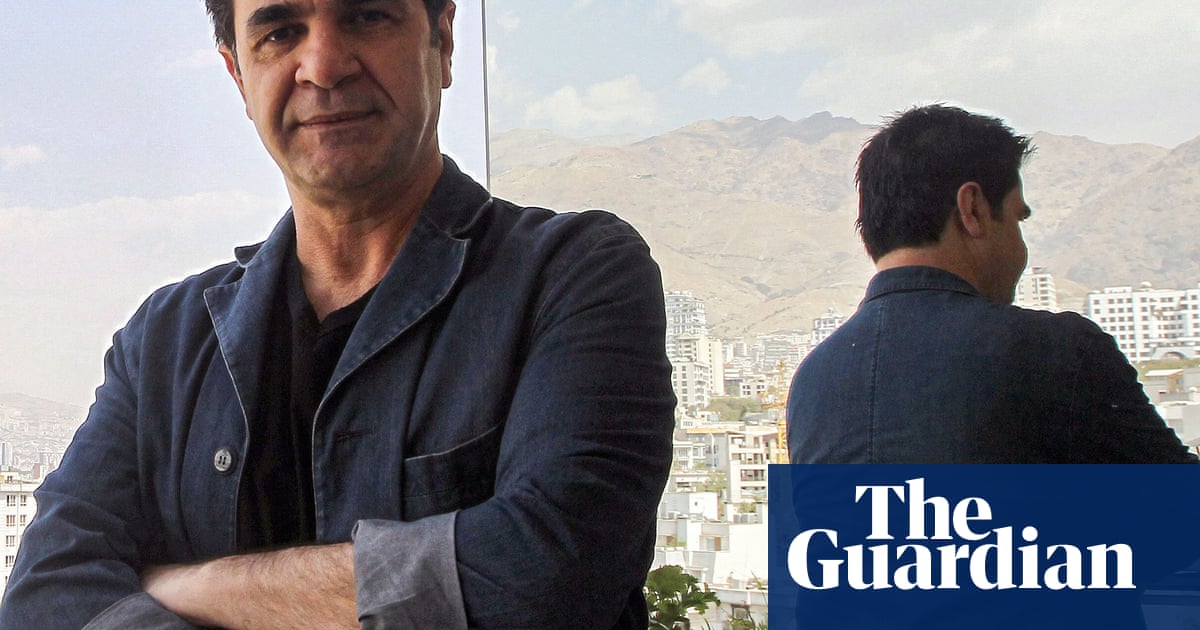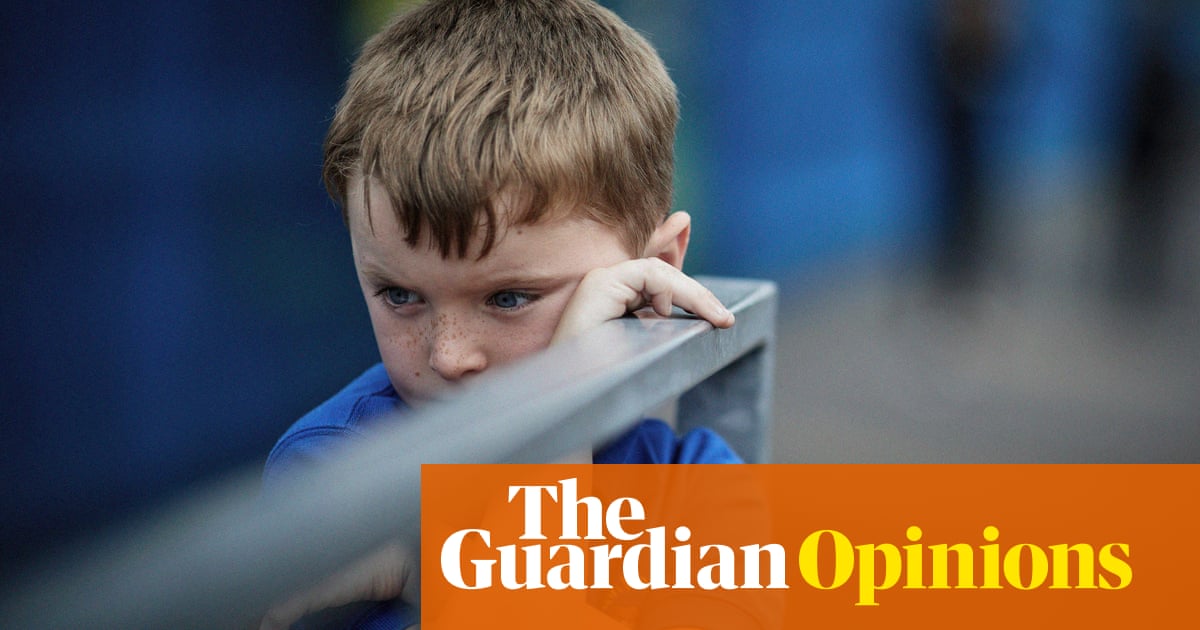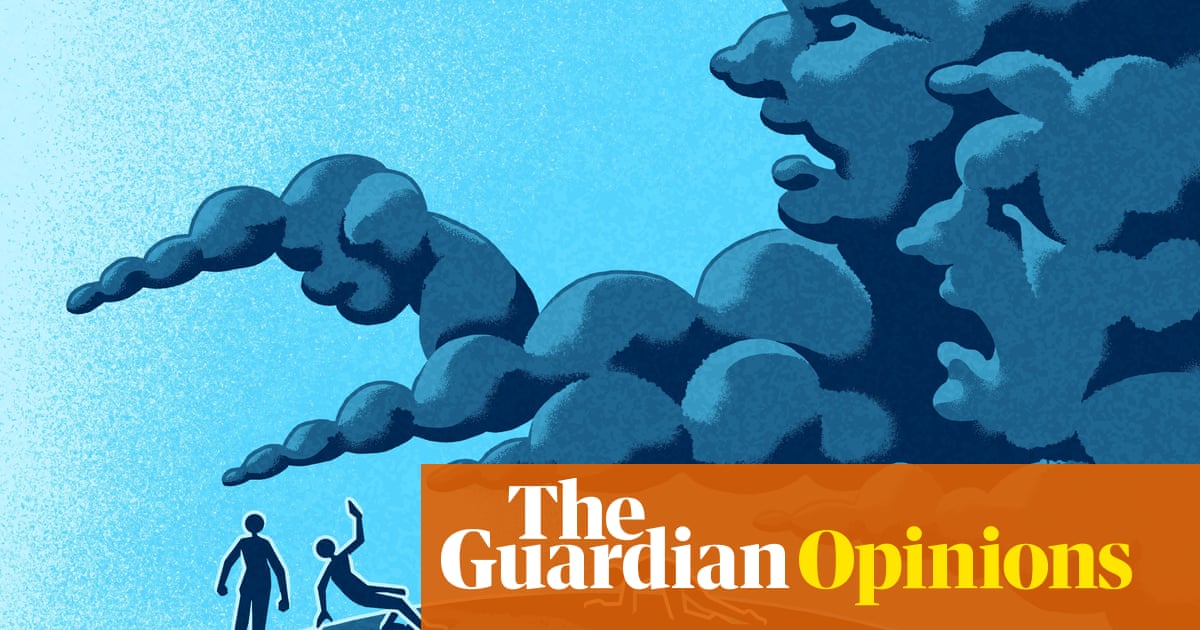When university professor Alice Mah visited her family’s ancestral village for the first time in 2018, she knew it would not be a grand homecoming; her father’s lack of interest in ever making the trip to South China suggested that much. But what she did not expect was that it would unleash waves of eco anxiety which would follow her back to the UK, where she lives.
Documented in her new book Red Pockets, Mah confronts her family’s past – the site where her ancestral home used to be, untended graves and the descendants of the villagers who remained. This presents her with a whole host of debts and the impossibility of ever really repaying them.
“Part of the journey was about what might be appropriate as an offering, to respect my ancestors, to respect the village that would not be superficial,” she says when we meet in Glasgow, where Mah is professor of urban and environmental studies. But this proved hard and resonated with how she feels about the ecological crisis. “There’s a lot that we can’t undo. We can’t step back in time and make everything good again. We have to recognise the damage and loss, sit with it and then try to find ways forward that are positive and that recognise imperfection.”
The past lurks in and transforms the present in all kinds of ways. The countries that have been most responsible for the climate crisis are often not the ones being most affected in the present. When the UK’s colonial history is taken into account, for instance, it moves from eighth to fourth on the list of nations responsible for the biggest historical emissions. Despite this knowledge, equitable ways to address this – climate reparations, a sufficient loss and damage fund – remain neglected or inadequate.
These facts circulate in the current climate debate. But Mah’s rich, reflective book is focused on a different type of connection between the past and the present, carefully and subtly weaving threads between what we owe to our ancestors, to future generations and to the places we currently inhabit. I had not read a book making these links before, and it is a compelling and moving narrative, but when I finished Red Pockets I found it difficult to fully grasp how she fits it all together so well and it took some time to get my head around it before I visit her in Glasgow.
Mah is softly spoken but answers my initial questions thoughtfully and passionately as we walk through the city’s streets. Arriving in the village in China was not completely dislocating, she says. Parts of it were familiar, echoing family gatherings in Canada, where she grew up. But she was surprised by how disappointed she was when she realised the people she met were not kin.
A sense of foreboding is with her throughout. Before arriving in the village, she was in Guangzhou for work, visiting two petrochemical villages with her research assistant, Ying, who tells her that PM 2.5, a microscopic form of airborne pollution, is the same level in the countryside as in the city.
This is not the only kind of pollution she encounters. Mah is, coincidentally, in the village during Qingming, a spring festival where it is common to visit the tombs of your ancestors, clean the gravesite and make offerings to support them in the afterlife. If the graves are not tended to, and Mah’s are not, Chinese folk religion suggests your ancestors become hungry ghosts, who bring bad luck, illness and ecological destruction. This clings to her when she returns home, and she wonders what impact this neglect has had, and whether spiritual and ecological pollution might be connected.
The book is structured in three parts; each, she tells me, is intended to be a journey of transformation. The first, which recounts her trip to the village, is written in an intentional, descriptive way, she says, to avoid judging the villagers and what they expect from ancestry tourists such as herself (including the hope that she and her cousin, who she goes with, would build a new house where their ancestors once lived). That we d not know anyone else’s perspective and the gaps this leaves is a largely unspoken part of the text. Their interactions, mediated by interpreters, are stilted and uncomfortable.
Wanting to engage with the people in their clan village respectfully and meet cultural expectations as far as possible, Mah and her cousin end up in the back of a car stuffing money into red pockets, envelopes that grandparents and parents traditionally give to children and unmarried relatives on special occasions, and which give the book its title. Their plan is to give them to the villagers who attend a dinner they are hosting, but their local guide advises them against it. None of this sits easily with Mah, she writes: “I felt we had scraped by, having fulfilled the barest minimum of obligation.”
An intense but relatable whirlwind of anxiety forms the second part of the book. Going to the village allowed Mah to see that the scale and depth of cultural and ecological loss is so great that it impossible to return to lost worlds, to ancestral and environmental pasts. The hungry ghosts start to become the bridge between these ideas, symbolising eco anxiety, how culture is entangled in the environment and how planetary destruction affects the body and the mind, as well as the earth.
It can be suffocating and dislocating to live in the truth of the crisis, and then Mah becomes ill with Covid, attends the disappointing Cop26 and begins to experience panic attacks. She tries therapy but gives up: “My ‘intrusive’ thoughts about the climate crisis were not distortions; they were real”, she writes. Eco anxiety is also not, for Mah, an individualised pathology but a collective, social phenomenon.
A kind of resolution comes in the final section. She realises it is not sustainable to remain in worry and grief for ever. Even from a place of privilege, only focusing on destruction has psychological and physical impact, and it can be self-reproducing, blocking out other perspectives. This was the most difficult part to write, she explains. “I felt an incredible obligation to do it in a way that was authentic and truthful, that my son could read, or people could read in the future and think, oh, this is an offering.”
Red Pockets is not a manifesto. Mah is interested in charting a route through the main ways of thinking about the climate crisis together: neither succumbing to doomsday thinking (it’s so far gone, there’s no point) nor false hope (Technology! The young! Capitalism! One, or all of them, will save us).
Instead, she suggests we might try to sit with the dichotomous climate emotions – anger, grief and anxiety alongside joy, connection and love. When we meet she explains that this is a form of collective dialectical behaviour therapy, which Mah learned about through a conversation with a climate activist. Suffering and injustice are an important part of the picture, but they are not all of it.
Her son appears every so often in the book and his curiosity for the world, which is beautifully described, captures some of this. When they visit Coll, an inner Hebridean island, he immediately loves the treeless landscape. Still carrying her ghosts, it takes Mah longer to respond to the call of this place, but she eventually gets there – a sign that next to pain there can also be joy.
Back in Glasgow, Mah looks out of the window on the third floor, and the sky is a bright shade of blue. It is one of the first warm days of the year. “If you think about the here and now, we’re sitting in this cafe … I can see a seagull flying by, plants growing out of the roof. There are so many aspects of human experience … There are so many places worth fighting for.”

 4 hours ago
5
4 hours ago
5
